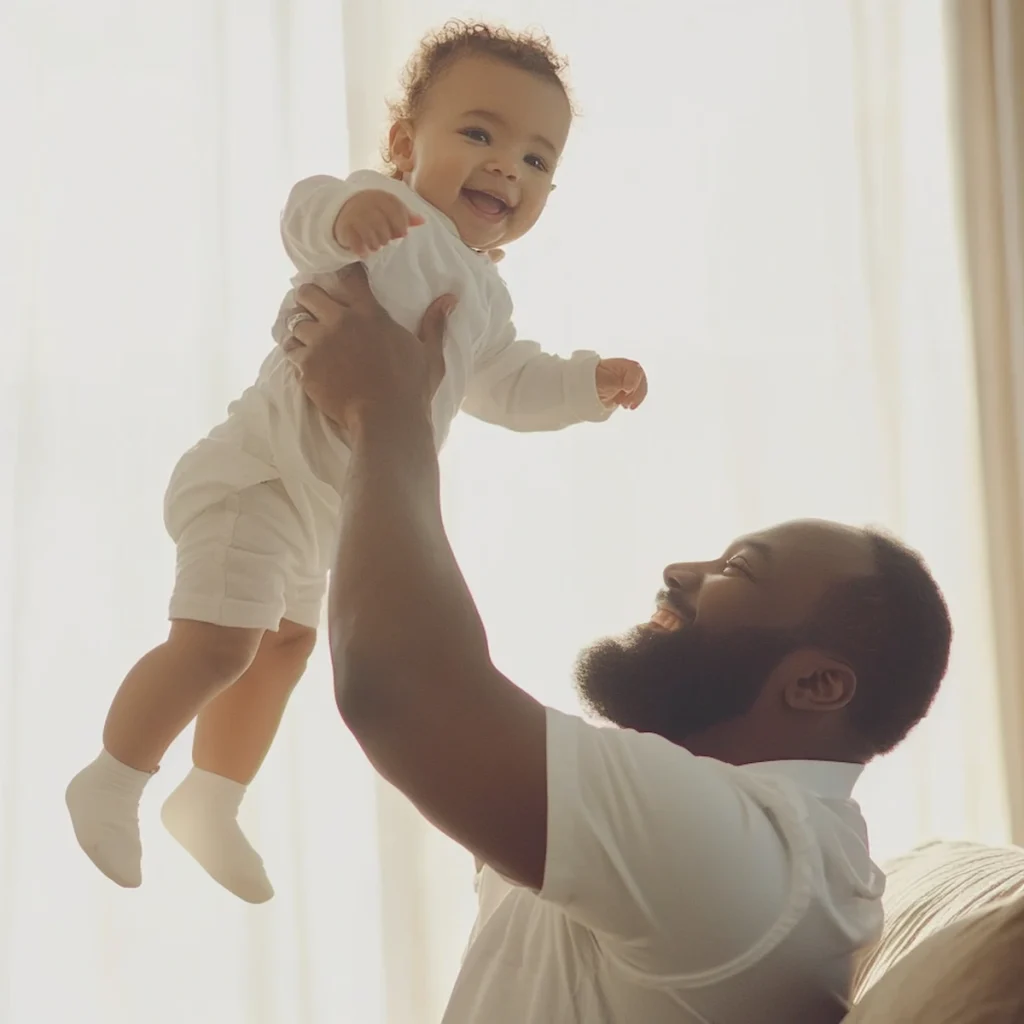At Schierer & Ritchie, LLC, we are dedicated to helping families achieve fair and effective custody arrangements.
When parents in Illinois decide to separate or divorce, one of the most critical and emotionally charged issues is determining child custody and visitation. The courts prioritize the child’s best interests, which involves evaluating various factors and creating a parenting arrangement that supports the child’s overall well-being.
At Schierer & Ritchie, LLC, we are dedicated to helping families achieve fair and effective custody arrangements that prioritize the well-being of their children. Contact us today to schedule a consultation and learn how we can assist you.

Key Legal Framework for Child Custody in Illinois
In Illinois, the legal terms traditionally used, such as “custody” and “visitation,” have been updated under the Illinois Marriage and Dissolution of Marriage Act (IMDMA). These terms are now referred to as “allocation of parental responsibilities” (custody) and “parenting time” (visitation). This change emphasizes both parents’ shared responsibilities and rights rather than assigning ownership-like roles.
Types of Parental Responsibilities:
- Decision-Making Responsibilities: The authority to make significant decisions for the child in areas such as:
- Education
- Health care
- Religion
- Extracurricular activities
- Parenting Time: The schedule outlines when the child will be with each parent, including holidays and vacations.
Factors Illinois Courts Consider When Determining Custody
The primary standard guiding Illinois courts in custody and visitation cases is the child’s best interests. Judges consider numerous factors outlined in the IMDMA, including:
- The Wishes of the Child and Parents
- The court will consider the child’s preferences, especially if the child is mature enough to express a reasoned choice.
- Parental preferences are also considered, but they must align with the child’s best interests.
- The Child’s Adjustment to Home, School, and Community
- Stability is crucial for the child’s development. The court evaluates how each parent’s living situation affects the child’s daily life and comfort.
- The Child’s Relationship with Each Parent
- Courts look at the relationship between the child and each parent, including the level of emotional support, care, and involvement.
- The Mental and Physical Health of All Parties
- The parents and child’s mental and physical well-being are assessed. If a parent struggles with significant issues that could affect their ability to care for the child, this may influence the court’s decision.
- The Willingness to Cooperate
- The court examines each parent’s ability to cooperate and foster a positive relationship between the child and the other parent. A history of conflict or alienation may negatively impact custody decisions.
- History of Domestic Violence or Abuse
- Any history of domestic violence, abuse, or neglect is a critical factor. Courts prioritize protecting the child’s safety and emotional well-being.
- Parental Responsibilities Before and After Separation
- The court considers which parent has been primarily responsible for day-to-day parenting tasks and how those responsibilities will likely be divided.
- The Distance Between Parents’ Homes
- Logistical considerations, such as travel time between homes, play a role in determining parenting schedules.
- Other Relevant Factors
- Courts may evaluate any other factor deemed relevant to the child’s well-being, including the parents’ financial stability and ability to meet the child’s needs.
How Parenting Time (Visitation) is Determined
Parenting time is the schedule that dictates when the child spends time with each parent. While the court aims to allow meaningful time with both parents, the arrangement will depend on the circumstances of the case.
Standard Parenting Time Schedules
- Equal Parenting Time:
- In cases where both parents are equally involved and capable, the court may allocate approximately equal parenting time.
- Primary and Secondary Parent:
- If one parent is designated as the primary caregiver, the other parent typically receives regular visitation rights.
- Supervised Visitation:
- If there are concerns about a parent’s ability to provide a safe environment, visitation may be supervised by a third party or professional.
Mediation in Custody Disputes
Illinois courts encourage parents to resolve custody and visitation disputes through mediation before resorting to litigation. Mediation allows parents to create a mutually agreeable parenting plan with the help of a neutral third-party mediator.
Benefits of Mediation:
- Promotes cooperation and reduces conflict.
- Saves time and money compared to court litigation.
- Allows parents to customize a plan that works for their unique circumstances.
Modifying Custody and Visitation Orders
Life circumstances can change, and Illinois law allows parents to request modifications to custody or visitation orders. To modify an existing order, the requesting parent must demonstrate:
- A Substantial Change in Circumstances:
- Examples include relocation, a change in employment, or significant health issues.
- The Modification is in the Child’s Best Interests:
- The court will only grant a modification if it benefits the child.
Tips for Parents Navigating Custody and Visitation Issues
- Prioritize Your Child’s Needs:
- Focus on what arrangement serves your child’s emotional and developmental well-being.
- Maintain Open Communication:
- Keep the lines of communication open with your co-parent to foster cooperation.
- Follow Court Orders:
- Adhere strictly to the terms of custody and visitation agreements to avoid legal complications.
- Document Everything:
- Keep detailed records of interactions, schedules, and any incidents that could affect your case.
- Seek Legal Guidance:
- An experienced family law attorney can help you navigate the complexities of custody disputes.

FAQs About Child Custody and Visitation in Illinois
Q
A
Can a child decide which parent to live with?
While the court considers the child’s preference, the final decision is based on their best interests, and the child’s wishes are just one factor.
Q
A
What happens if a parent violates a custody order?
Violating a court order can lead to legal consequences, including fines, modification of the custody order, or even criminal charges.
Q
A
Can custody arrangements include grandparents or other relatives?
In certain situations, grandparents or other relatives can petition for visitation rights, especially if it is in the child’s best interests.
Contact Schierer & Ritchie, LLC Today
At Schierer & Ritchie, LLC, we are dedicated to helping families achieve fair and effective custody arrangements that prioritize the well-being of their children. Contact us today to schedule a consultation and learn how we can assist you.

